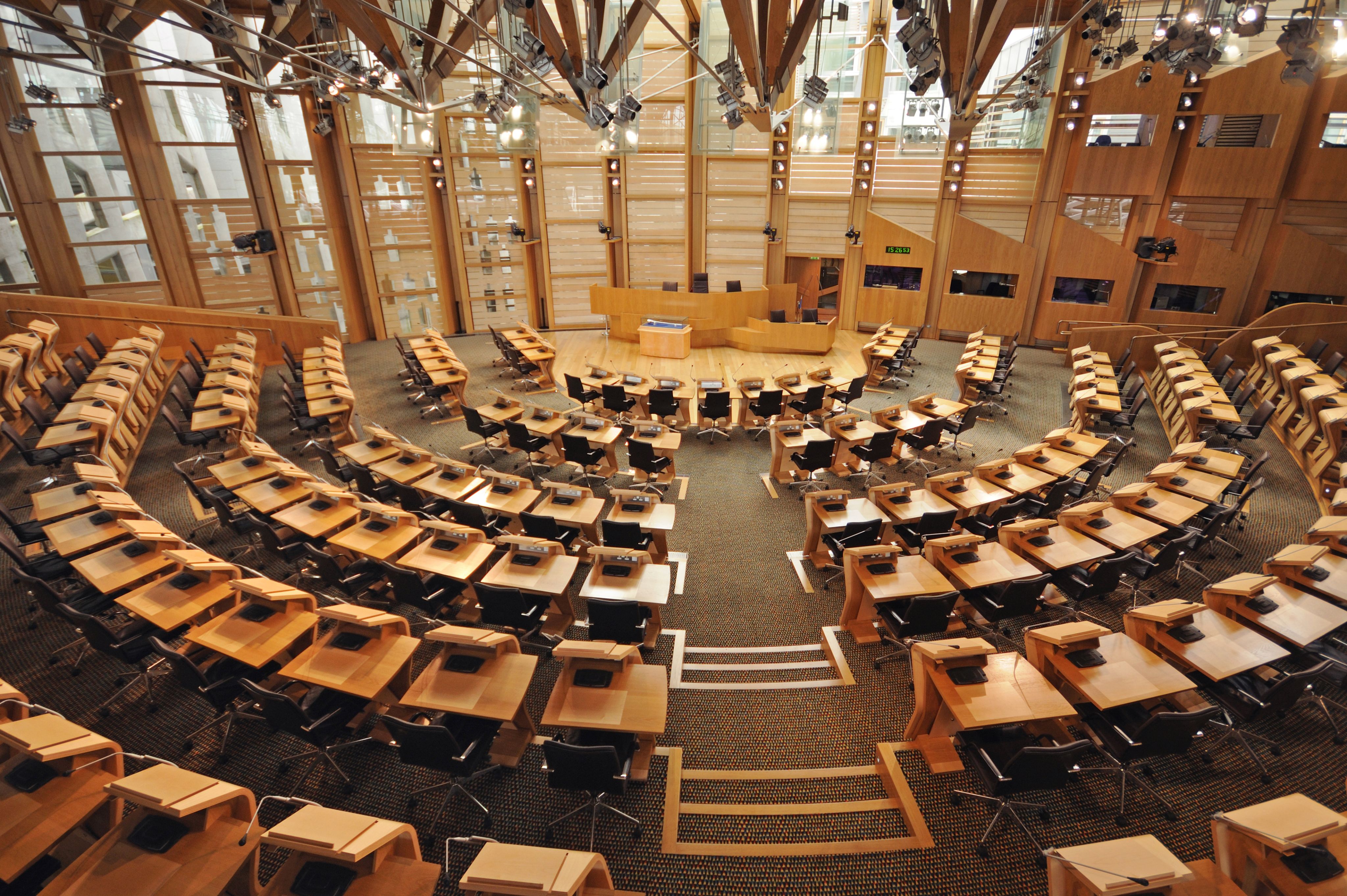Time to end short-termism
The Scottish government needs some hard-thinking about growing the tax base and reforming public services. Sadly this Budget does neither, says Bruce Cartwright CA

Time to end short-termism
The Scottish government needs some hard-thinking about growing the tax base and reforming public services. Sadly this Budget does neither, says Bruce Cartwright CA

It’s almost Christmas as we pull the magazine together, which means it’s Scottish budget time.
It was clear this was always going to be a tricky balancing act for the Finance Cabinet Secretary, Shona Robison, given faltering public services, the lack of a substantial Scottish tax base and only a handful of levers to play with. The result is an uninspiring Budget which falls short of offering long-term certainty for businesses or a coherent strategy for public service reform. There are some positive investment announcements but, once again, we have a Budget that lacks the vision or detail of much-needed long-term solutions.
We can all breathe a sigh of relief that no additional income tax bands were announced. This would only have further complicated what is already an over-complex Scottish income tax system. The decision to increase starter, basic and intermediate bands by 3.5% offers a very small glimmer of hope to those on lower incomes. But we need to put this increase into context. It’s actually very little. For example, someone earning £25,000 a year will find themselves £5 a year better off under the proposals.
When you then take into consideration the likelihood that most people will probably see their council tax bill increase by more than that fiver, this small gain will be completely wiped out. The Cabinet Secretary said very little about council tax, other than she didn’t expect to see big increases – but we’re certain there will be some.
For those falling into the three higher tax bands, we’ll almost certainly see some individuals being dragged into higher tax rates through even small pay rises. This means that more of their hard-earned money goes to the government.
“The ‘tax strategy’ published alongside the Budget isn’t, in our view, a strategy, more like a wish list”
As expected following the UK Budget, which saw additional funding coming to Scotland, we rightly heard about proposals for some very big numbers going into public services, including a record £21bn allocation for the NHS in Scotland. But we need to have honest discussions about the outcomes of these investments. There is no point spending more money on health or schools if there’s no willingness or incentive to change how we deliver these services. We need to identify how and where things must improve. We also need to see evidence of whether standards have gone up, waiting times have come down or more crimes have been solved. Budgets and increased spending should be led by outcome, not input.
We had hoped the Budget would put an end to fiscal short-termism and offer certainty for businesses and public services to plan beyond the next 12 months. Sadly, we think it falls short of this. The public sector needs major structural and spending reform and a long-term tax strategy, which includes a complete review of income tax bands and how we grow our tax base and deliver public services. This is long overdue.
Robison has given a nod to the hospitality sector in the proposal to give it a 40% business tax relief, similar to that in England and Wales. As far as we can tell, though, this doesn’t seem to apply to leisure and retail too, unlike south of the border.
Of course, the extra money from Westminster announced last month means the government is able to honour the public pay increases it agreed to earlier in the year. But we’re left wondering what would have happened had this “windfall” not come its way. The rise in employer NICs announced in October will be hard on business, but where is the carrot for those Scottish companies not granted this relief? Owner-managed businesses not in the hospitality or green energy sectors would be forgiven for thinking there isn’t a great deal of assistance for them in this Budget.
The non-domestic rates relief measures – freezing at 49.8p the basic property rate charged to properties with a rateable value up to and including £51,000 – does not reduce costs for small retailers and is only marginally assisted by the small business bonus scheme, which the Scottish government claims will “protect over 200,000 small properties”. Those in the manufacturing, engineering and other sectors will need to consider mitigating their costs in other ways, especially given the rise in employer NICs in the UK Budget.
The “tax strategy” published alongside the Budget isn’t, in our view, a strategy, more like a wish list. There simply isn’t the strategic analysis in there to make a meaningful difference and come up with the longer-term solutions Scotland needs.
Despite our disappointment in this Budget, we at ICAS will continue to work with policy-makers, decision-takers, officials and politicians to make sure that strong analysis and independent views are properly considered as solutions are sought. We look forward to productive discussions around Scotland’s long-term growth and fiscal future.
Read our response to the UK government Budget
ADVERTISEMENT







